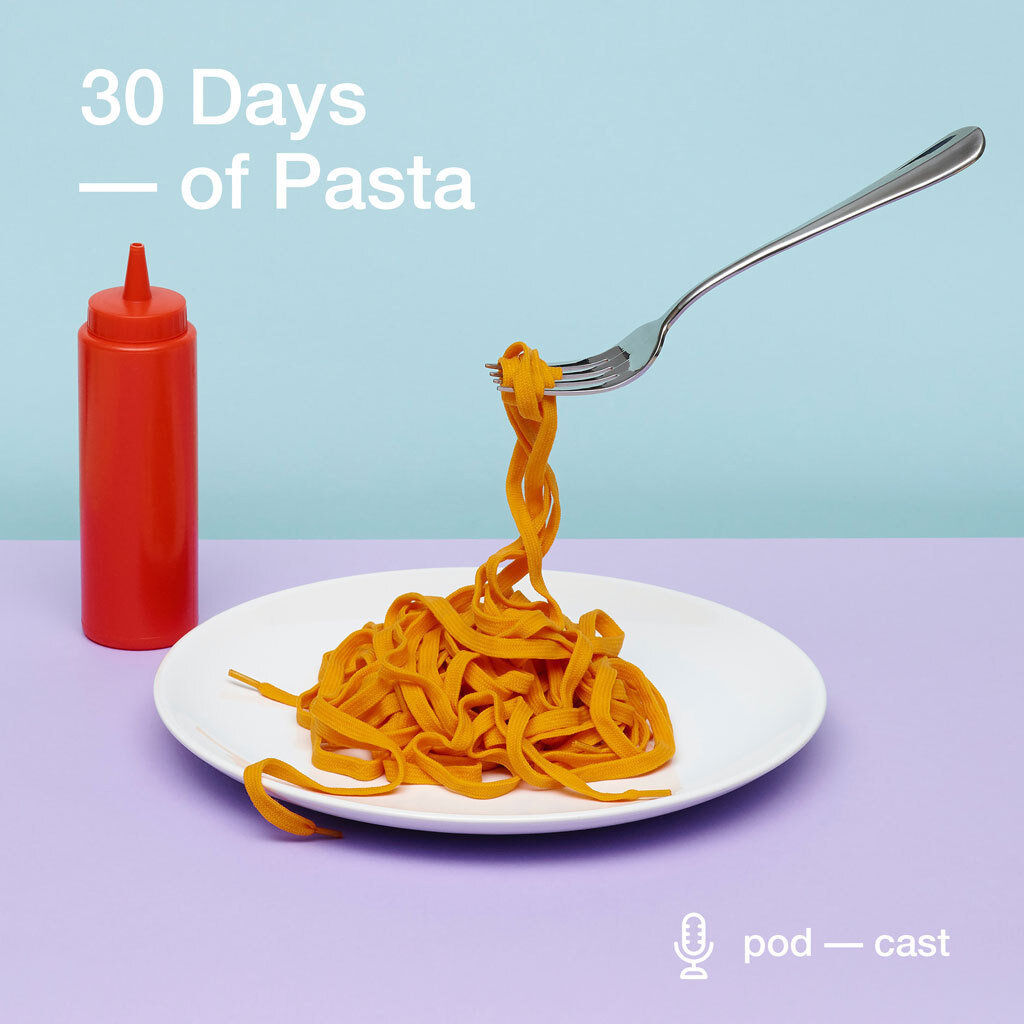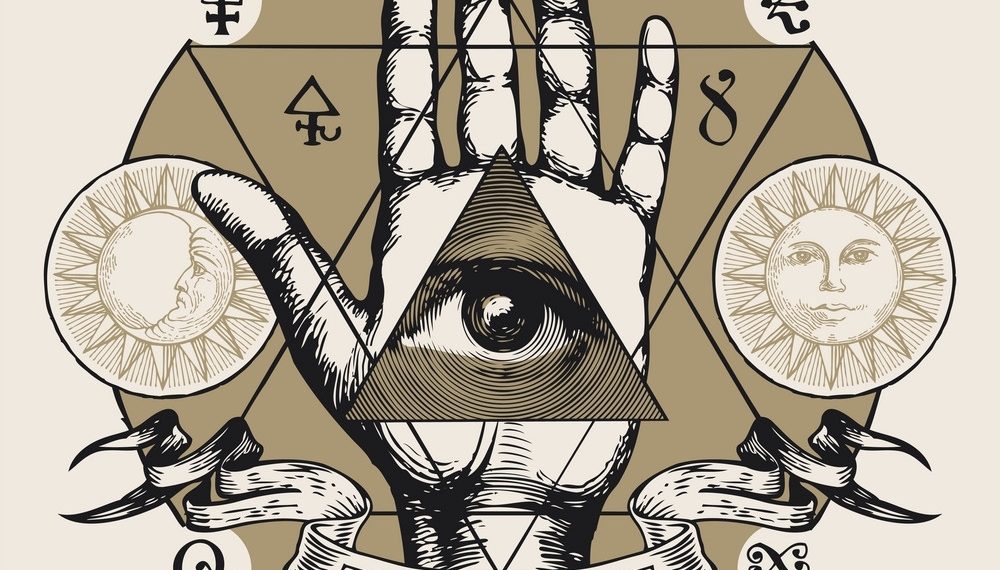“‘I’m setting twenty-two tables for the funeral feast,
Satan is by far the kindest beast…’ -Spiritual Cramp; Christian Death… death is natural. If no one died, we’d be in a world of hurt. The world would be even more overpopulated than it already is. There is nothing “unnatural” about death. Sure, maybe the circumstances of death are sometimes unnatural. But the process of dying itself is just another part of the cycle of life. Birth, life, death – repeat.
Next, death does not discriminate – all living things are going to eventually die. None of us, healthy or sick, young or old, are guaranteed another day. It’s something we need to learn to accept from a young age, but often aren’t taught. It’s only the manner of death and the time of death that are mysterious.
And finally, death itself is nothing to fear. It seems it’s the manner of death that we really fear. After all, we’d all like a quick and painless death. Not to mention none of us wants to deal with the pain of loss of a loved one.
Death impacts the living more than the dead. That’s why they (the infamous they) say that funerals are for the living, not the dead. Death is a painful loss for those left alive most certainly. Losing someone close to you or who you love deeply is like losing a part of yourself. It leaves a hole that will eventually heal in time, but there will always be a scar. It is because of these latter things (and the natural human ability for clairsentience, clairaudience, and clairvoyance) that necromancy came about to begin with.
There is another side of death, however. One that many people don’t consider. Death is change. It is loss. Metaphoric death can be just as life altering as physical death for the person who lives through it. So in Daemonolatry, necromantic practices can, and often do, include rituals to accept other kinds of death including but not limited to: divorce, death of a career, loss of self identity (mid-life crisis), loss of financial stability/home, etc…”
– S. Connoly, Honoring Death


